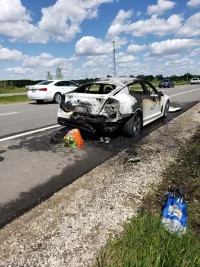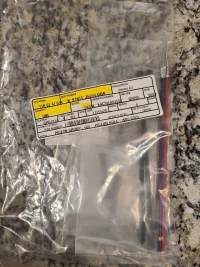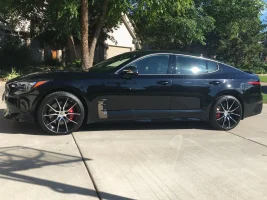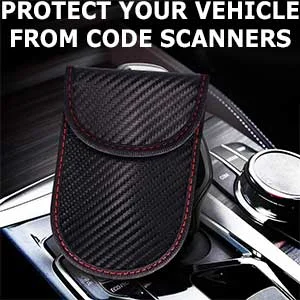RedHotStinger
Member
- Joined
- Dec 9, 2020
- Messages
- 24
- Reaction score
- 27
- Points
- 3
The HECU is in direct control of the ABS actuators on all four wheels. If the unit is shorted out by a brake fluid leak internally it could cause one, two, or more wheels to go into full anti-lock mode and possibly cause a massive torque steer situation to happen; at highway speeds it would be very difficult to react too. It is also tied into the proportioning valves on the master cylinder and could reduce braking force suddenly (part of the traction control system). I have been in a car that had the passenger side front brake go into full antilock due to a ABS system failure (not a Kia but a American brand). ABS triggers two or more wheels at the same time to balance the force on the chassis and to prevent instability. It pulled the steering wheel right out of my hand when it pulled and I was in a ditch before I could get my hand on the wheel again. After living through that with only minor injuries I swore that any brake issues will be dealt with swiftly. The days of the driver having control over the brakes is a long distant memory. Give me a regular non anti-lock brake system any day; I do not need a computer to control the brakes in the snow or other abs inducing situation. I was taught how to control a car when its stability is compromised.
Once the fuse(s) blow it cuts power to the HECU but in the time it takes to reach the current limit a lot of stuff can go wrong in the unit itself. It will be worse if it is a gradual build up. The wires between the HECU and the fuse block will have the insulation burn before the current limit of the physical wire/fuse is reached. The burning insulation can then cause other items to start burning and can quickly get out of control. The HECU could be damaged internal for a period of time before it goes into a full on short and you could get intermittent issues with multiple systems. That is why they tell you to stop, turn off the car, and have it towed if you get any malfunction indicators. You could have a HECU going into the death spiral. It could also be a failure unrelated to the HECU but they do not want the driver to take that chance. It costs Kia a lot less to fix a failed HECU than to replace a torched car.
I have put in a freedom of information act request to get the exact number of suspected defective units. The answer could be either enlightening or down right scary.
Once the fuse(s) blow it cuts power to the HECU but in the time it takes to reach the current limit a lot of stuff can go wrong in the unit itself. It will be worse if it is a gradual build up. The wires between the HECU and the fuse block will have the insulation burn before the current limit of the physical wire/fuse is reached. The burning insulation can then cause other items to start burning and can quickly get out of control. The HECU could be damaged internal for a period of time before it goes into a full on short and you could get intermittent issues with multiple systems. That is why they tell you to stop, turn off the car, and have it towed if you get any malfunction indicators. You could have a HECU going into the death spiral. It could also be a failure unrelated to the HECU but they do not want the driver to take that chance. It costs Kia a lot less to fix a failed HECU than to replace a torched car.
I have put in a freedom of information act request to get the exact number of suspected defective units. The answer could be either enlightening or down right scary.






